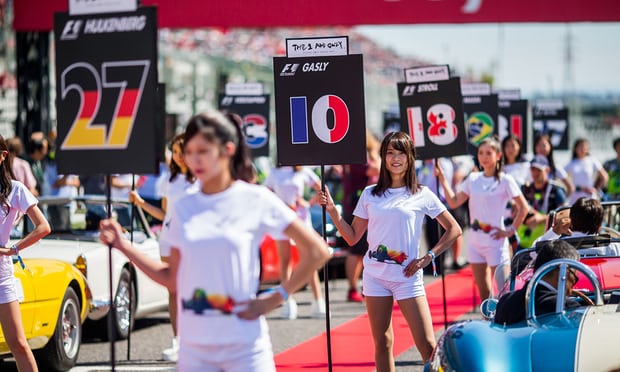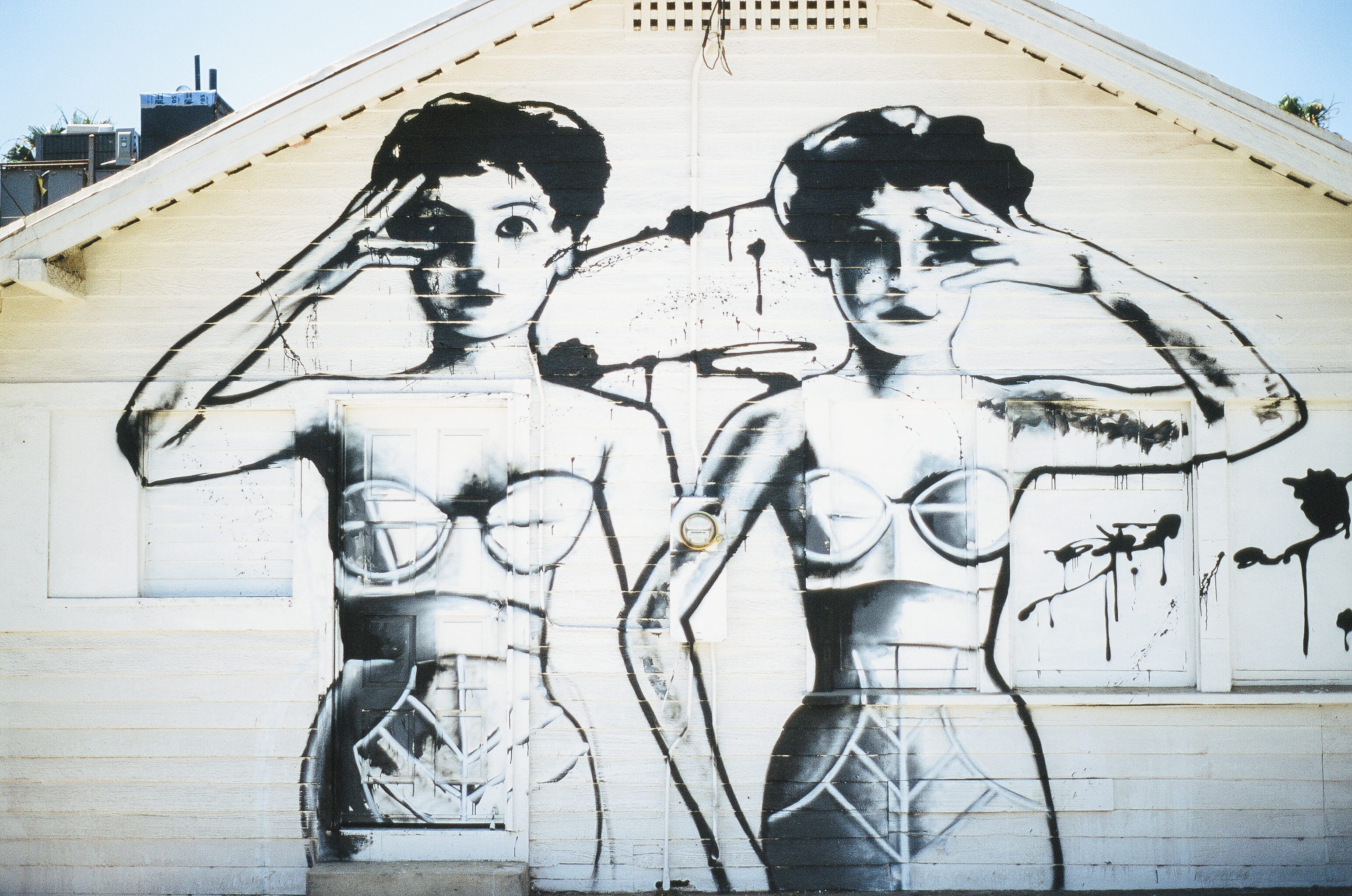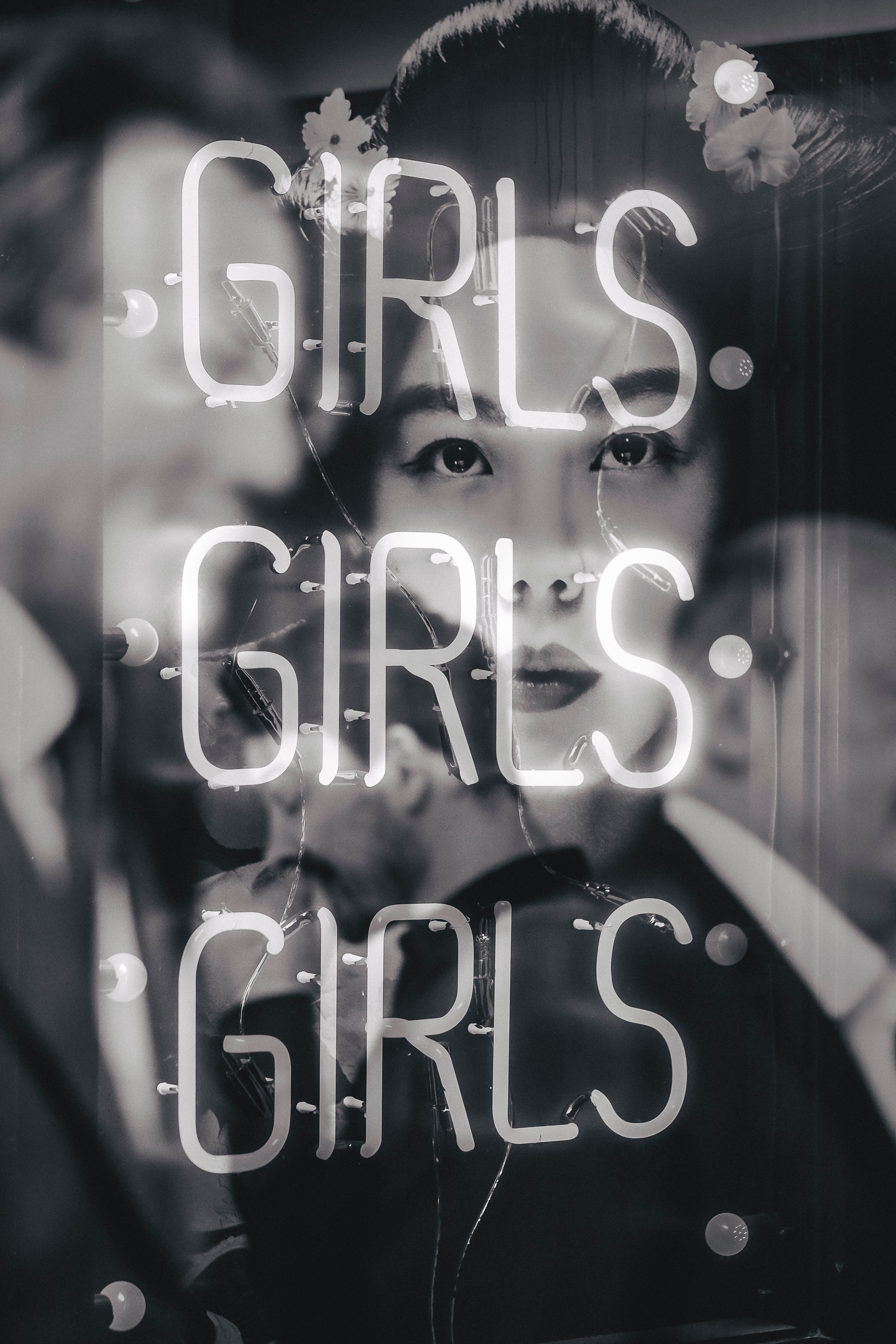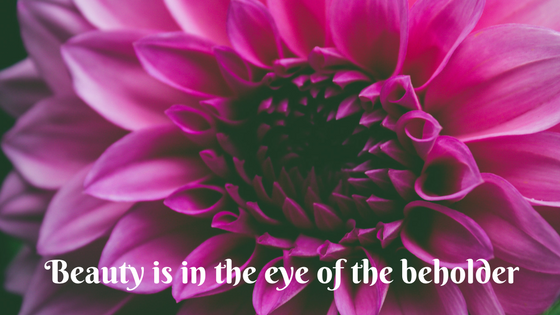The Grid Girls
A few weeks ago, there was a rather noisy controversy around Formula 1’s decision to scrap the Grid Girls. This left many women jobless and caused quite the stir among Formula 1 fans, feminists and many others.
On the one hand, many were exultant because they saw this as progress towards a society free from sexism and oppression – of which the existence of Grid Girls was a symptom. By this reckoning, the Grid Girls were considered to be existing in a male-dominated community. The Girls’ freedoms were devalued because their jobs made them vulnerable to men, and therefore inferior; thanks to the patriarchy.
Others were furious about the decision and accused F1 of pandering to over-the-top pressures from militant feminists and others who are pushing for a puritan ideology to take hold in our progressive, increasingly liberal society. This side of the debate argued that these women were not forced into the jobs they were hired for and that their dismissal was a puritan persecution of those who refuse to accept that humans can profit from their bodies, appearances, and – most importantly – beauty. The slippery slope argument (that if Grid Girls are acceptable then it sets a precedent for misogyny elsewhere) is exactly that; slippery.

Society is heavily divided in arguments like these; consider the divisiveness around conversations about sex work. For some, legalising sex work gives those who sell sex legal protections from harm, while others believe that the patriarchy has conditioned us into believing that sex work is a job we should encourage when it is not. I’m aware that this barely scratches the surface of the sex work debates, but I’m going to save the intricacies of that for a future blog post. To delve into it now would likely result in this being 5,000 words long and I’d still have more to say! Back to Grid Girls…
Here’s a difference between sex workers and the Grid Girls, though: the Grid Girls are capitalising on their beauty. There’s also the fact that Grid Girls were not, to our knowledge, ever trafficked or forced into working against their will. Grid Girls did not face potential prosecution as they earned their wages. Grid Girls did not deal with nearly the same stigma or potential danger that sex workers do.
For me, one of the most important points made in the Grid Girls debate was made by Sara Pascoe during her performance for The Guilty Feminist podcast’s Suffragette Centenary Special – Part 1. The perfect-star-alignment of this conversation is not lost on me: we are still debating what women can and cannot do, whether it be voting, sex work (or any work), or breastfeeding in public.

Sara made a brilliantly eloquent point about 24 minutes in which I’ve done my best to transcribe accurately:
…feminism is this huge thing and some of us are running in different directions…I think that what happened with the Grid Girls is really shocking and I don’t want feminism attached to that kind of thing…I feel like sometimes there are these massive misunderstandings, like, beautiful people of any gender are allowed to make money from that. The difference between the Grid Girls and the Presidents Club where people were being harassed at work – they’re entirely different things. It isn’t about outfits, and I feel like I don’t want to be part of something where some women get to decide who women are based on the bodies that they’re born in. And I feel like something like this is so huge that sometimes in a group we get kind of pulled along – we have to remember that it isn’t…it’s interesting that it’s women in their 30s with money who got the vote first. Quite often in feminism, and I speak as one of them, we are the people who also have a voice.
I bloody love Sara Pascoe. The example she gave comparing the Grid Girls to the women at the Presidents Club is perfect. The Presidents Club dinner in January deserved the media attention. Those men deserved to be outed for the sexist, chauvinistic pigs they were. They were harassing women who were there to do a job. Those women didn’t ask to be grabbed, leered on, or assaulted. They were there to do a job, collect their wages and carry on with their lives.
Beauty as a commodity
I also loved Pascoe’s highlighting of a maddenly uncomfortable truth – people don’t like other people profiting from their beauty or looks. Models have such a bad rep as being vacant or uneducated and that they have no prospects outside their looks. It’s completely unfair, widely inaccurate and drilled into us from a very young age.
I remember a friend of mine at primary school, a beautiful girl with blonde hair, fabulous cheekbones and legs a mile long at age 10 being so upset when others suggested she become a model. She asked if that’s all we thought she was good for, if they didn’t think she was clever enough to expect more in her life. Looking back, that breaks my heart. Why can’t such a young girl have both? Why can’t she want to be a model and be intelligent, conscientious and successful?

Pascoe’s point about profiting from beauty is thought-provoking. Beauty as a commodity makes it valuable, tradable and, most importantly, valuable. It is not vain to admit to being beautiful – it is important for us to recognise and accept ourselves for who we are and what we have. While what we consider beautiful is highly subjective and in the eye of the beholder, when others recognise that beauty, do we not have the right to capitalise it like we would our musical ability or aptitude for maths? What makes beauty so different from the ability to compose or design or build or create? While the questions don’t sit entirely comfortably with me, I’m asking myself whether that discomfort is with the idea of beauty being an acceptable trading token, or whether there’s a deeper issue I’ve yet to articulate.

Grid Girls weren’t scrapped as a concept because the women dealt with workplace harassment, misogyny and potential harm. They were removed from the F1 to give off the impression that the F1 bosses are woke and tuned in to world politics. They were removed under some illusion that sexism can’t exist if the women aren’t there. That the problem is only surface deep, and not in fact ingrained so heavily in society it’s painful when we do exorcise those demons.
Whether you think the Grid Girls were outdated and misogynistic or not should not be the sole focus of this debate. In fact, we may well find that we settle on an answer when we delve a little deeper into the other problem – whether women are capable of making such employment decisions for themselves.
We need to highlight that women do have the capacity to make decisions for themselves – we need to remind ourselves that maintaining women’s agency is vital. Women who have agency have the right to decide for themselves what is acceptable and feasible employment and what is not. To start arguing that these women were misinformed or fell victim to the patriarchy or misogynists or whoever else is an insult to women worldwide.
We’ve seen through the patriarchy’s bullshit long enough now – we know our own minds and our own bodies. We should be able to decide for ourselves what we do with them. Isn’t that what feminism is truly about: having the right to choose for ourselves and escaping the patriarchy’s cold, unwavering grip?

